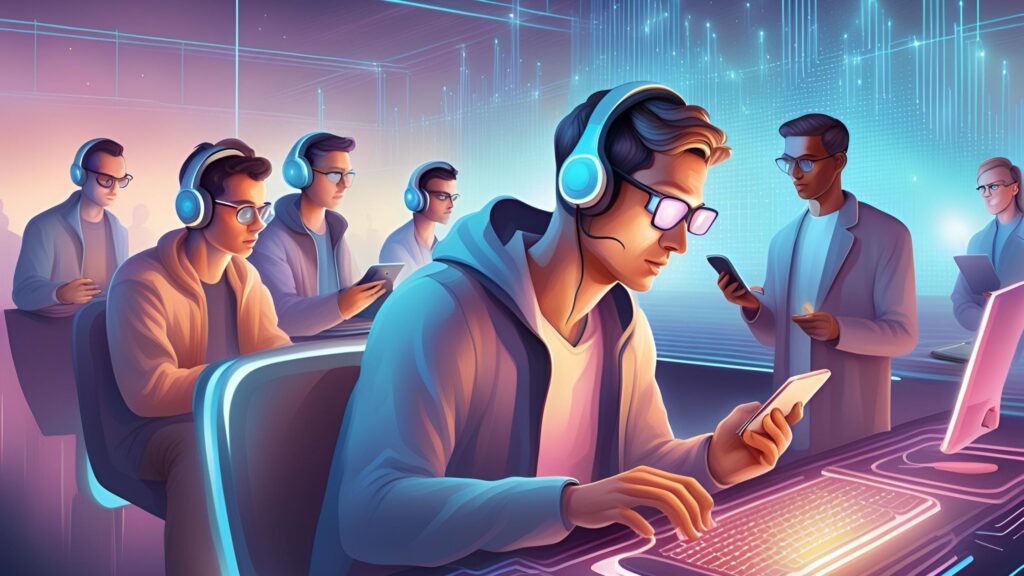Artificial Intelligence continues to redefine industries, promising automation, efficiency, and unprecedented insights. From self-driving cars to generative language models, AI is being positioned as a revolutionary force capable of transforming business and society. Yet, as impressive as these advancements are, there is one fundamental truth that often gets overlooked: technology is only as smart as the people behind it.
Despite the allure of autonomous systems and self-learning algorithms, AI does not exist in a vacuum. Every breakthrough in machine learning, every optimized neural network, and every AI-driven application is the result of human ingenuity. Engineers, researchers, data scientists, and domain experts are the ones designing, training, and fine-tuning these systems to function in a meaningful way. Without human intelligence guiding AI, even the most sophisticated models would be little more than complex mathematical equations running on powerful hardware.
One of the key challenges in AI development is ensuring that models are trained on high-quality data that reflects real-world complexities. Bias in AI systems, for instance, is not an inherent flaw of the technology but rather a reflection of biases in the data used to train them. This is why human oversight is critical. Experts must carefully curate, validate, and continuously monitor AI models to ensure they remain fair, ethical, and effective. Left unchecked, AI can reinforce existing inequalities, propagate misinformation, or even make incorrect decisions with serious consequences.
Beyond data, the very design of AI models requires a deep understanding of human cognition and decision-making. A recommendation algorithm that merely optimizes for engagement without considering user well-being can lead to addictive behavior or misinformation spread. A fraud detection system that focuses only on anomaly detection without considering contextual human behavior can flag legitimate transactions as suspicious. AI, in its raw form, lacks intuition, common sense, and ethical reasoning—all qualities that only human intelligence can bring into the equation.
This is particularly evident in the field of real-time data processing and event-driven architectures. Technologies like Apache Kafka and Flink have revolutionized how businesses handle streaming data, enabling real-time insights and decision-making. However, these tools do not inherently understand business logic—they require skilled engineers and architects to design event-driven pipelines that make sense for a given use case. AI might help optimize the process, but the foundational intelligence shaping these architectures remains deeply human.
Moreover, creativity and innovation in AI development are uniquely human traits. While AI can analyze vast amounts of data and recognize patterns, it cannot fundamentally think outside of its training set. It does not ask novel questions, challenge assumptions, or explore uncharted territories in the way that human researchers and engineers do. AI can assist with problem-solving, but it is human intelligence that defines the problems worth solving in the first place.
The rapid evolution of AI should not be seen as a replacement for human expertise but rather as a tool that amplifies and enhances it. The most successful AI systems are those developed with a strong human-AI collaboration, where technology is guided by human intuition, ethics, and creativity. Organizations that recognize this will not only build better AI solutions but will also ensure that these solutions remain relevant, ethical, and impactful.
As AI continues to advance, it is crucial to remember that behind every smart system, there are smart people making it work. The real question is not how intelligent AI can become, but rather how intelligently we, as humans, can shape its development.

